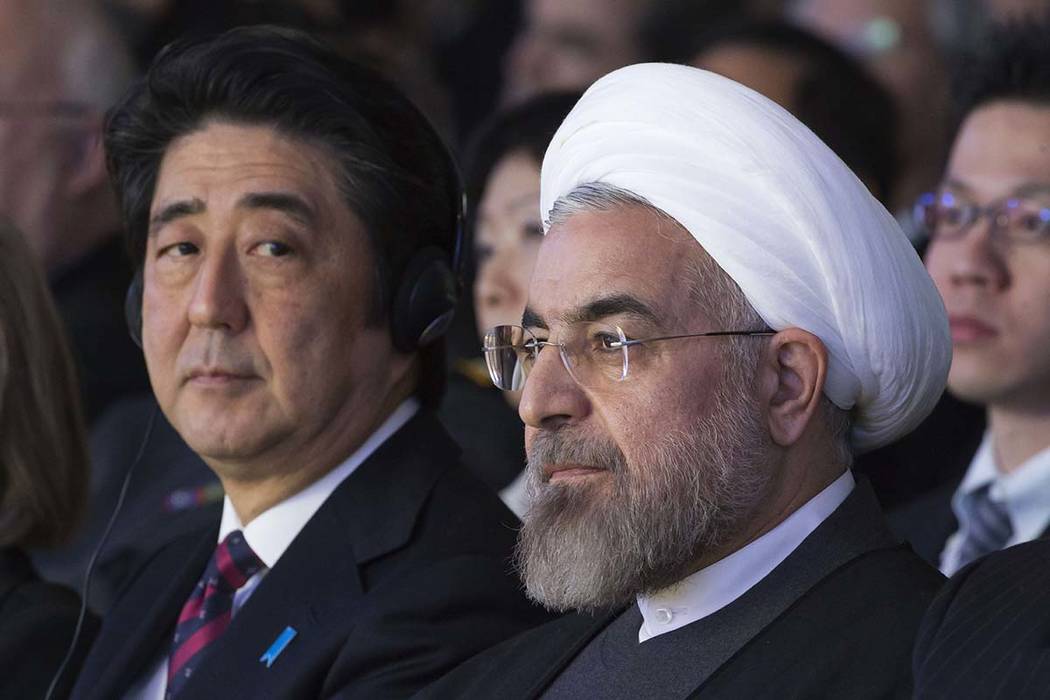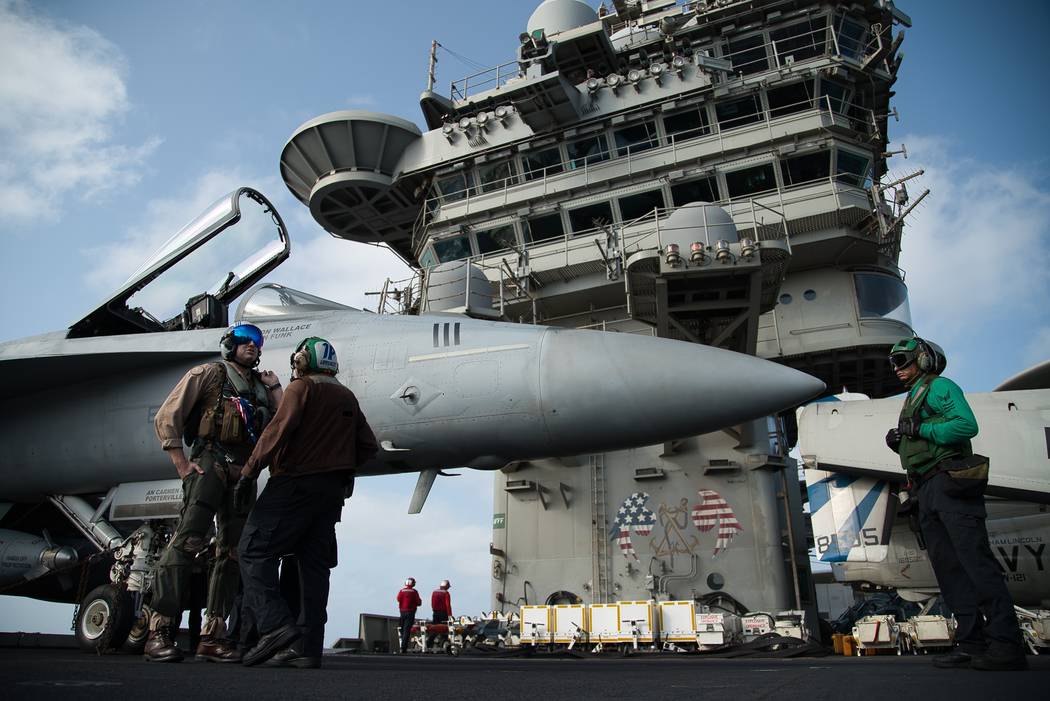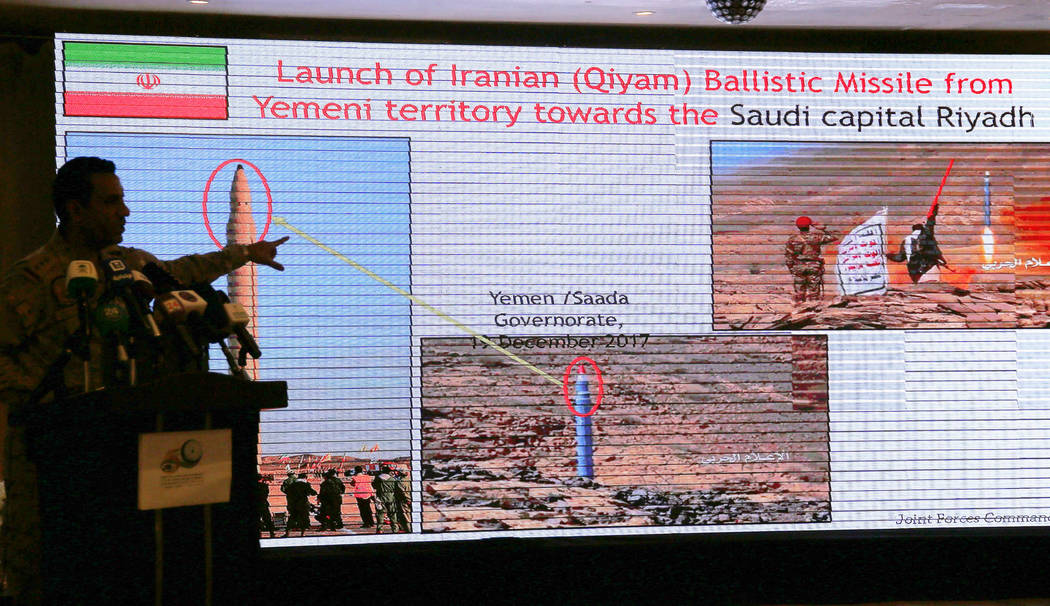President says Iran does not seek war with the US
TEHRAN, Iran — Iran’s president says the Islamic Republic does not seek war with the U.S., but will give “a crushing response” if it is attacked.
Rouhani made the comment Wednesday night as Japanese Prime Minister Shinzo Abe stood by him.
Rouhani also said that Japan wanted to continue to buy Iranian oil, though Tokyo has stopped over American sanctions.
Rouhani added: “Whenever the economic war stops, we will see a very positive development in the region and the world.”
The Japanese leader is in Tehran on a mission to calm tensions between the U.S. and Iran.
The Trump administration has re-imposed heavy sanctions on Iran after deciding to withdraw from the landmark 2015 nuclear deal a year ago. The U.S. recently deployed an aircraft carrier and B-52 bombers to the Persian Gulf.
Earlier, Yemeni officials say that the Saudi-led coalition launched airstrikes against a Houthi rebel stronghold in the country’s north.
They say the strikes hit targets in the Baki district, in the province of Saada. The officials spoke on condition of anonymity because they were not authorized to brief media.
The Wednesday airstrikes came hours after the Iranian-allied rebels launched a cruise missile hitting an airport in Saudi Arabia, wounding 26 people.
The rebel-linked Al-Masirah satellite news channel claimed that the Saudi-led forces also bombed civilian areas in another nearby district.
Saudi Arabia has led a military coalition supporting Yemen’s internationally recognized government and fighting the Houthi rebels since March 2015.
De-escalation effort
Abe’s trip is the highest-level effort yet to de-escalate the crisis as Tehran appears poised to break the 2015 nuclear deal it struck with world powers, an accord that the Trump administration pulled out of last year. It’s also the first visit of a sitting Japanese premier in the 40 years since the Islamic Revolution.
But success may prove difficult for Abe, as the Houthi rebel attack on Saudi’s Abha regional airport underscored. Separately, the front page of the daily newspaper Farheekhtegan, or Educated, in Iran on Wednesday morning published a picture of a mushroom cloud from a nuclear blast — a reference to America’s bombing of Hiroshima and Nagasaki at the end of World War II.
“How Can You Trust A War Criminal, Mr. Abe?” the newspaper asked in dual English and Farsi headlines. Hard-line news outlets in Iran immediately picked up the front page from the paper, published by students of Islamic Azad University, which has campuses across the nation.
Abe’s plane landed at Tehran’s Mehrabad International Airport on Wednesday afternoon where he was greeted by Iranian Foreign Minister Mohammad Javad Zarif. He was to immediately meet Iranian President Hassan Rouhani.
26 hurt at Saudi airport
He landed just hours after the attack in Abha. The Houthis said they launched a cruise missile at the Saudi airport while the kingdom said 26 people were hurt.
Though there were no fatalities, it was the largest number of civilians to be injured in Saudi Arabia as a result of an attack by the rebels, known as Houthis, since the start of the Saudi-led war in Yemen more than four years ago.
———
Batrawy and Gambrell reported from Dubai, United Arab Emirates. Associated Press writers Mari Yamaguchi in Tokyo and Samy Magdy in Cairo contributed to this report.



















